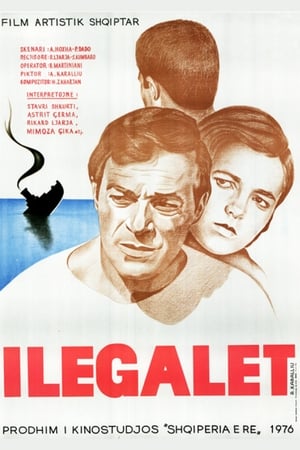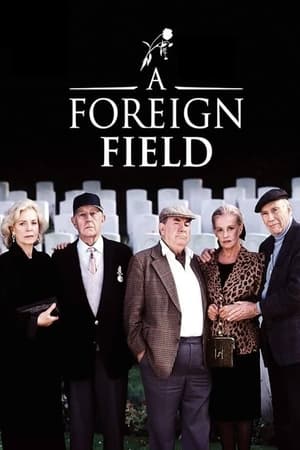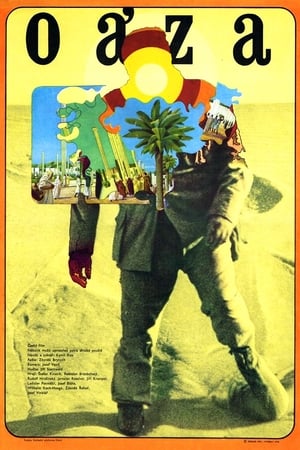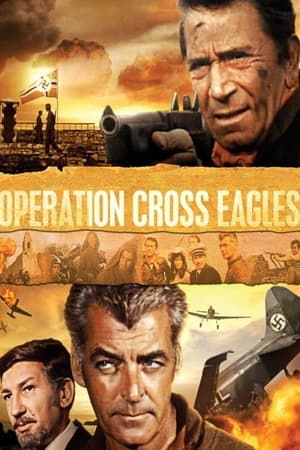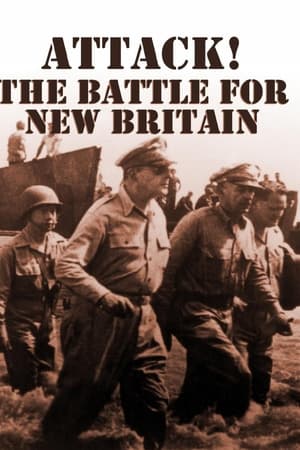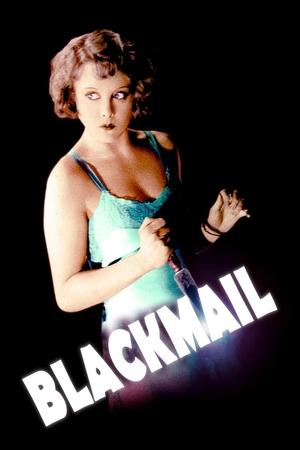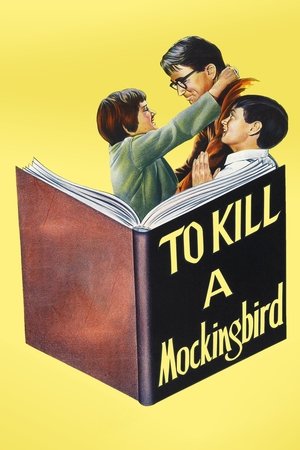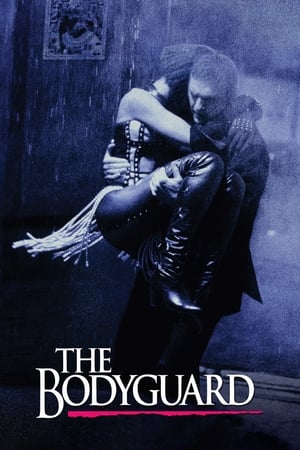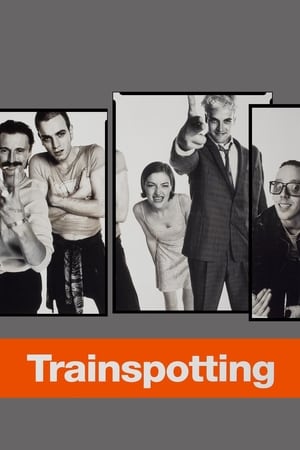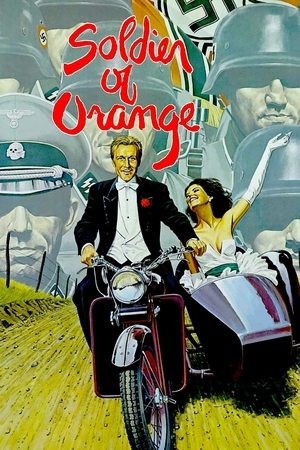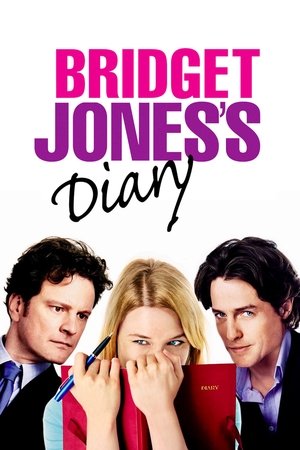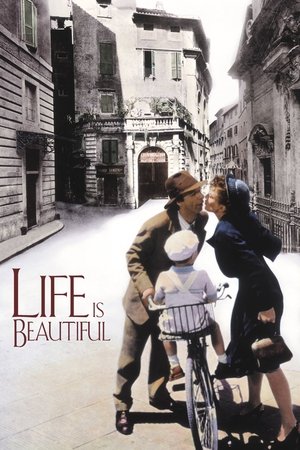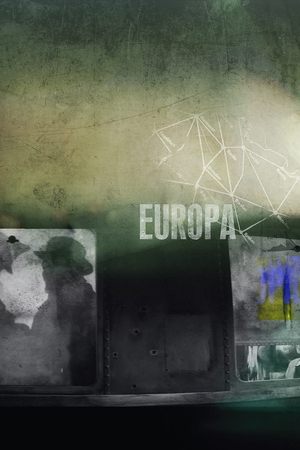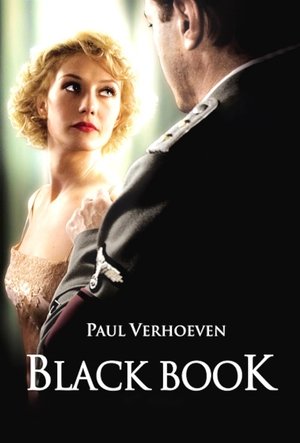Overview
In World War II London, nine-year-old George is evacuated to the countryside by his mother, Rita, to escape the bombings. Defiant and determined to return to his family, George embarks on an epic, perilous journey back home as Rita searches for him.
Reviews
Steve McQueen's _Blitz_ is an incredibly watchable and engaging film that vividly portrays wartime London. Through his lens, McQueen challenges the commonly held notion that Londoners weathered the horrors of the Blitz with unwavering cheer, a stiff upper lip, and unity. Instead, _Blitz_ underscores the complex layers of a city already defined by its diversity, which McQueen portrays as teeming with cultural resilience. In particular, the East End, a refuge for those escaping persecution, is shown not merely as a site of suffering but as a resilient, multicultural community that speaks to the true character of wartime London. This challenge to the rose-tinted "keep calm and carry on" narrative is essential, grounding the film in a more inclusive historical reality.
However, _Blitz_ occasionally struggles under the weight of its grandeur. The film ambitiously tackles numerous stories and subplots, making it challenging to give each the attention it deserves. One subplot that particularly suffers is the portrayal of an Underground station flooding after a bomb hit—a moment famously depicted in _Atonement_, with the actual location in Balham. Relocating it to London Bridge heightens the fictionalization of the event. Many may leave the cinema, believing the event that caused the death of 68 people never happened as such McQueen's portrayal, though compelling, doesn't capture the same impact as _Atonement_, which coincidentally also starred Saoirse Ronan.
McQueen briefly gestures toward class disparities in air-raid conditions, notably by referencing the Stepney Communist Party, which pushed for equitable access to safe shelters. Yet one pivotal moment that could have underscored this tension—the Party's dramatic occupation of the Savoy Hotel to protest the gross inequality in shelter conditions—goes unmentioned. This action, poor East Enders storming the grand West End hotel, forced the government's hand to open Tube stations to be used as public shelters.
Despite these narrative oversights, _Blitz _remains a remarkable and impactful portrayal of London during its most challenging times. It offers a raw, multifaceted perspective that reshapes our understanding of wartime endurance and unity, making the audience feel the gravity of the historical events depicted.
With the Nazi bombs raining down around them, single mum "Rita" (Saoirse Ronan) has to take the difficult decision to evacuate her son "George" (Elliott Heffernan) from the London home they share with her father (Paul Weller). He isn't keen and so jumps from the moving train and tries to make it back home through a city populated by some kindly people and some Dickensian-style villains - and he encounters them both. Meantime, his mum is told of his absconding and as she tries to hold down he job in a munitions factory she must try to track him down. I thought Heffernan delivered really quite engagingly here, as did the rather menacing Kathy Burke with her brief appearances, but the film has a curious sterility to it. We know it's set amidst the random brutality of war, and the narration points out to us that that didn't all come from the skies above with racial prejudice never far from the surface, but it never looks or feels real. Clearly, Apple threw some money at it but the characters are all just too undercooked and there's an inevitability to the story that seems more about convenience than authenticity as it neuters the visceral humanity of the story. That last element isn't helped by a Ronan who seems very much to be going through the motions turning in an adequate enough performance but not one that wasn't being turned in on studio-based television dramas thirty years ago. Dickinson barely features and though it's all perfectly watchable, it's not really very memorable save for a young actor who gives us a knee-high view of man's venality and inhumanity.
FULL SPOILER-FREE REVIEW @ https://talkingfilms.net/blitz-review-beautifully-crafted-emotionally-hollow/
"Blitz is technically competent and offers isolated moments of genuine emotion, but it falls short in character development and thematic exploration.
Steve McQueen delivers a visually engaging film with a promising central performance by Elliott Heffernan but struggles to escape the cliches of WWII survival narratives.
While it doesn't entirely disappoint, it lacks the emotional depth and originality needed to stand out in an already saturated genre."
Rating: C+
Major historic events often provide solid foundations for epic cinematic storytelling, although the success achieved at this depends greatly on the expertise of the writers and directors who execute these projects. One might readily expect such an outcome from a production chronicling the events surrounding the London Blitz, the German air assault that devastated the city in a series of relentless bombing strikes during World War II. However, when it comes to writer-director Steve McQueen’s take on this event, things come up short on multiple fronts. The film follows the saga of nine-year-old George (Elliott Heffernan), a sensitive but remarkably tough and resilient biracial lad who’s reluctantly evacuated from London to stay with a rural foster family, one of countless children included in a well-organized plan to keep youngsters safe from the impact of the attacks. He’s sent by his single mother, Rita (Saoirse Ronan), a loving munitions factory worker desperate to protect her son. But George is hesitant to leave London without her, and so, while on a train taking him to the English countryside, he leaps from the moving passenger car in an effort to make his way back home. The narrative thus follows his journey to reunite with his mum, who desperately begins searching for him amidst the carnage being wrought from above when she learns of his disappearance. Seemingly, this story should make for a compelling picture, but that’s only true part of the time. This overlong, episodic offering strains to keep viewer interest by inserting the protagonists into repeated perilous situations whose primary aim is simply to keep the story moving forward without much in the way of engendering genuine emotional engagement. While this release ambitiously incorporates stories from the Blitz that may not have received much attention previously, as well as poignant incidents related to race relations in the UK at that time (definite feathers in the film’s cap), these segments nevertheless detract somewhat from the main larger story going on around them, affecting the picture’s overall focus. What’s more, this project is further hampered by issues that frequently bog down this filmmaker’s work, such as the inclusion of extraneous material (resulting in needless padding), segments whose relevance isn’t always readily apparent (especially in transition sequences), a need for judicious film editing and occasionally awkward (and inexplicable) experiments in cinematography. To its credit, “Blitz” is stylistically well made, thanks to its fine period piece production design and impressive special effects, in addition to the capable performances of its ensemble (especially Critics Choice Award nominee Heffernan). But are these assets enough? Not for my taste. Movie fans interested in seeing a better film about the Blitz would be well served by watching director John Boorman’s “Hope and Glory” (1987), a more polished effort that earned five Oscar nominations, including best picture. This is not to suggest this release is an awful effort, but it’s one that, given its subject matter, definitely could have stood to be much better.

 120 min
120 min
 6
6
 2024
2024
 United Kingdom
United Kingdom
 griggs79 wrote:
griggs79 wrote: